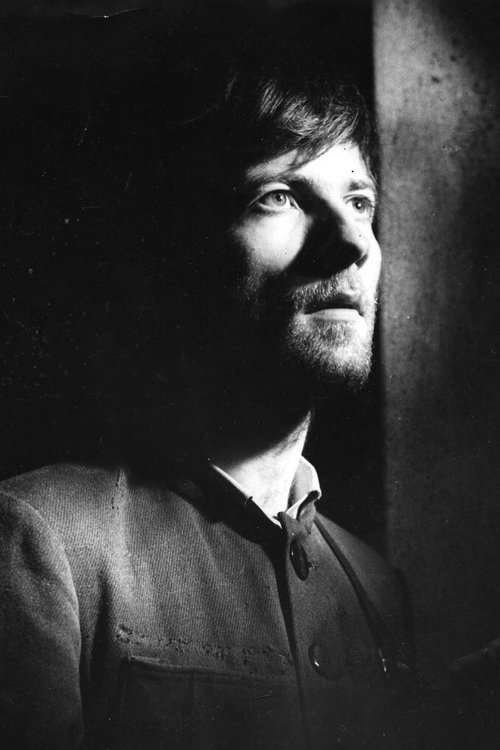Cast & Crew
2 members
Acting
Shenda Román
Unknown Role
No Image
Acting
Yrjö Tähtelä
Unknown Role

Similar Movies
Recommended Movies

No Recommendations Yet
We're working on finding the perfect movies for you. Check back soon!
More movies coming soon
Unknown Role
Unknown Role


We're working on finding the perfect movies for you. Check back soon!